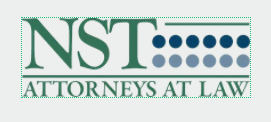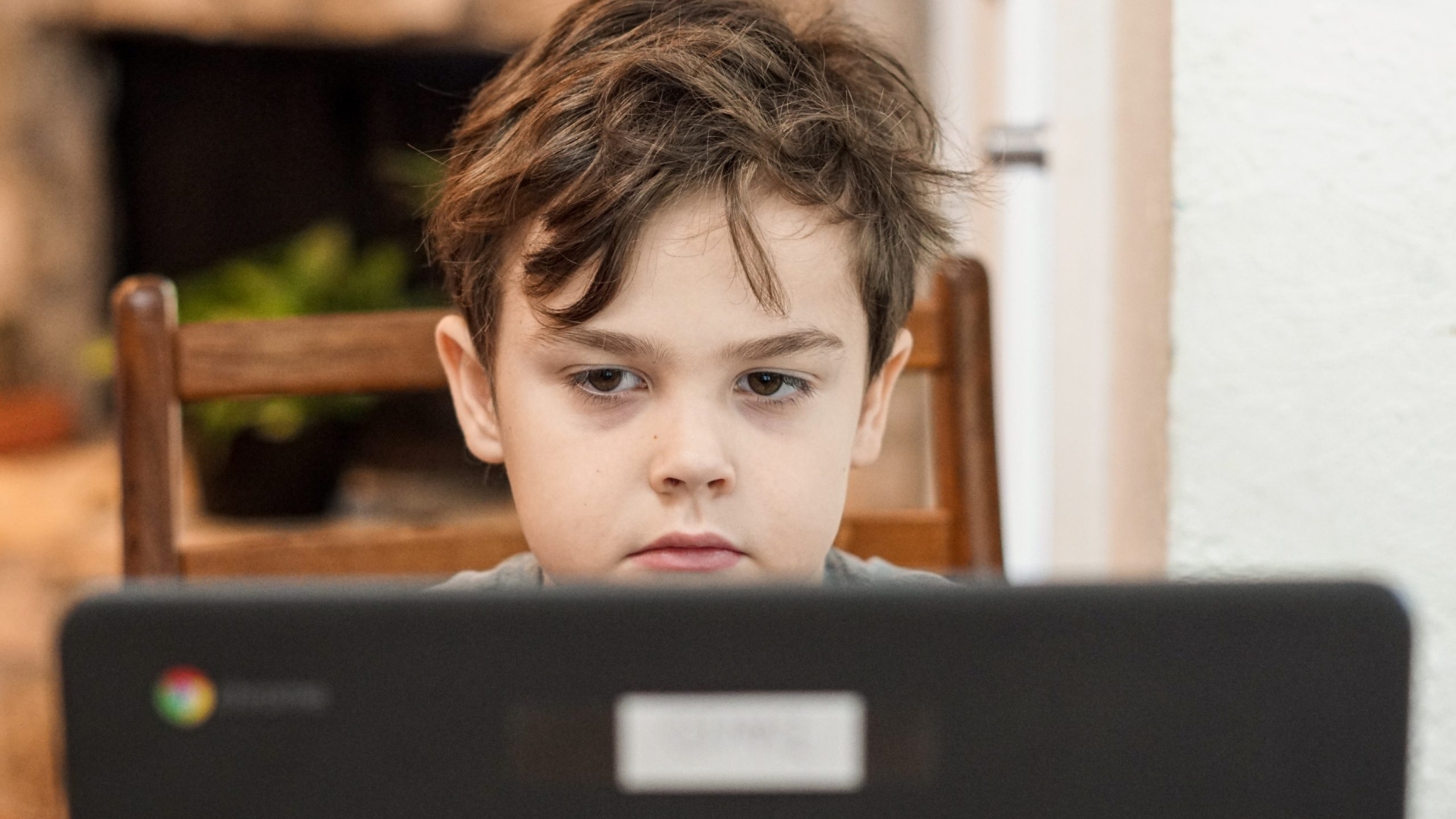
KEEPING CHILDREN SAFE ON THE INTERNET
It should come as a surprise to no one that the Internet can be a dangerous place. Sure, the Internet allows you to access information at your leisure and connect with people in faraway places easily; however, you never know who may try to access you for harm. These dangers are magnified when children utilize the Internet, as they often are not aware of warning signs of danger. Children can easily stumble upon fake news, pornographic content, scams, and seedy individuals, even when their voyage into the cyber world began with an innocent search. Nowadays, the Internet is easily accessible to people of all ages, especially as smartphones and tablets continue to increase in popularity.
HOW TO PROMOTE CHILD INTERNET SAFETY
The Children’s Online Privacy Protection Act (COPPA) is a federal law designed to protect those under 13 years of age on the Internet. Websites must follow specific rules and privacy policies. While the government wants to protect children, parents can take steps at home as well. Before allowing your child to access the Internet, here are some things to keep in mind:
ALWAYS SUPERVISE THEIR ACTIVITY
First, make sure that you always have access to your child’s computer. Ideally, young children should only be able to access computers in common areas of the home. Although older children may require personal laptops for school, do not allow them to set their own passwords for the computer operating system, social media sites, or e-mail. Check in with your children frequently about their interests and the websites they are visiting or posts they are “liking” or making online. Review their webpage history through their Internet browsers. If you see something that gives you pause, talk to them about it. If you notice cyber bullying, contact the school or local law enforcement authorities. If you see that your child is cyber bullying others, discuss why that is unacceptable and inappropriate behavior, and restrict their computer and Internet access accordingly.
TEACH THEM TO PROTECT THEIR PRIVACY
Many children are easily trusting and do not understand the full consequences of sharing information online. If you start teaching children while they are young, they will be better prepared to resist sharing certain information from an early age. Make sure your children know:
- Never provide sensitive information, like their name, address, phone number, e-mail address, password, school name, nor any pictures to anyone for any reason without your permission, and never agree to meet up with anyone they meet online. Advise them that they never know who they may be talking to online, and dangerous people from the Internet who pretend to be children may try to find them and hurt them.
- Never open e-mail messages from people they do not know. Advise them that certain e-mail messages contain viruses that may harm the computer or steal certain information contained on the computer.
- Never respond to hurtful or disturbing messages. Advise them that if they see a hurtful or disturbing message, to let you know immediately.
The Internet is mainstay in our society, so it makes sense to teach our children how to access such a crucial resource safely. If you suspect that your child may be in danger through Internet usage, contact your local law enforcement authorities immediately.
RESOURCES:
parenting.com – Keeping Your Child Safe on the Internet
KidsHealt – Internet Safety









